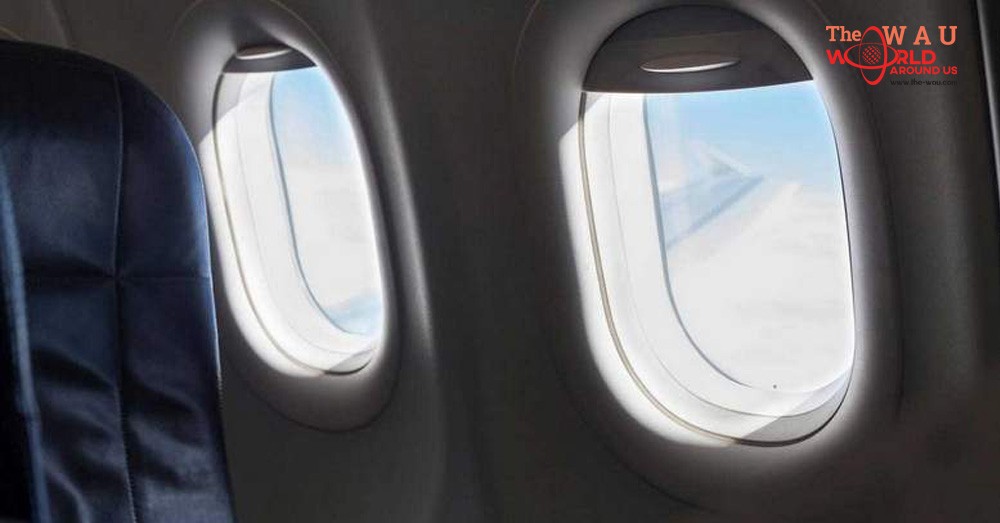Fuel consumption of an airline depends on the load it carries on its flights.
If an initiative rolled out by a UK-based startup is implemented, passengers may soon be weighed before boarding their flights. The move is aimed at cutting down fuel, costs and carbon emissions.
Fuel Matrix, a Berkshire-based company, is holding talks with long-haul airlines in the UK over the deployment of 'pressure pads' that would discreetly weigh passengers as they pass through the airport, a Daily Mail report has revealed.
The details of weights will be given to the flight deck for pilots so that they can calculate the exact fuel requirement of every plane. The 'pressure pads' could be installed at self-service baggage drops or at security body scan machines.
Fuel consumption of an airline depends on the load it carries on its flights. It also decides how much carbon it emits.
Chief executive of Fuel Matrix, Roy Fuscone, told Lonely Planet: "It's critical to know the actual weight an airliner is carrying to ensure the correct fuel uplift."
Currently, the total weight of passengers is calculated by carriers by using an estimate based on gender. They allow 88kg (13.8 stone) for men, 70kg (11 stone) for women and 35kg (5.5 stone) for children, the Daily Mail report pointed out.
However, Fuel Matrix feels that this kind of calculation is forcing the airlines to use more fuel than required.
Chief operating officer Nick Brasier was quoted as saying in the Independent that most flights carry about one per cent more fuel than they need and burn about 0.3 to 0.5 per cent more fuel due to the extra fuel weight.
The idea of weighing passengers is not new.
Samoa Air wanted to weigh passengers and introduced a policy charging passengers by weight in 2013.
Uzbekistan Airways had created a furore when it said in 2015 that it would weigh passengers at check-in desks. It had also warned that some overweight people would be barred from busy flights on smaller planes if limits exceed.
In 2017, Finnair also floated a similar idea, but it was implemented on a voluntary basis.
Share This Post















